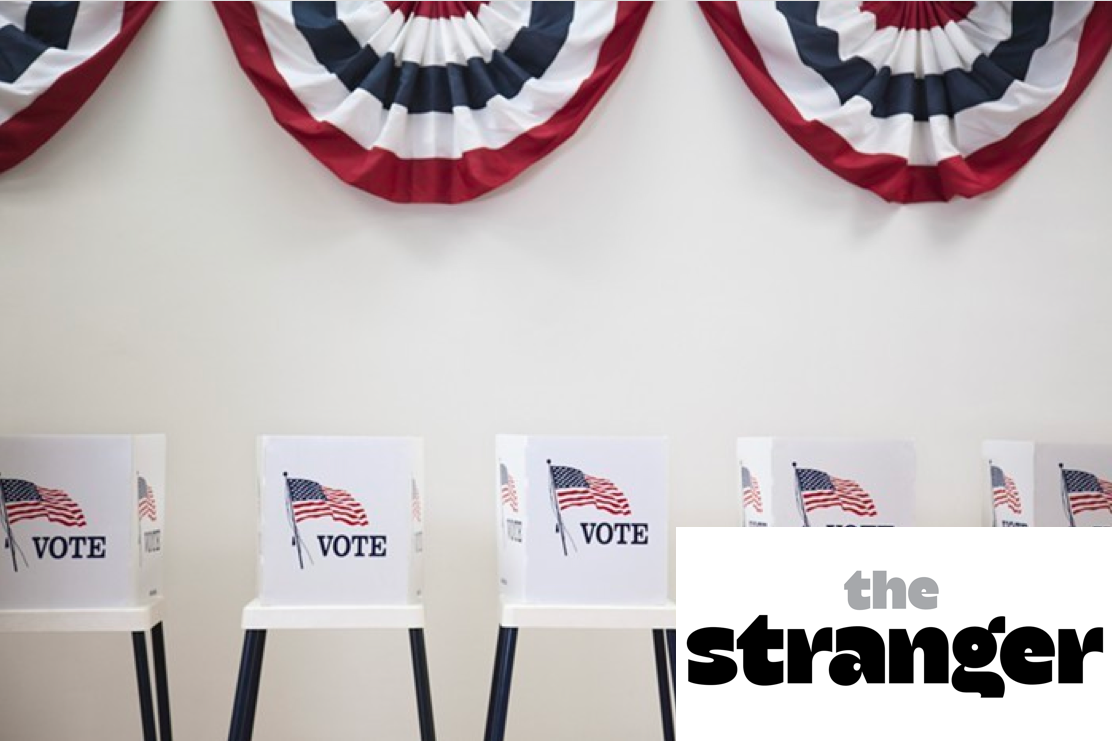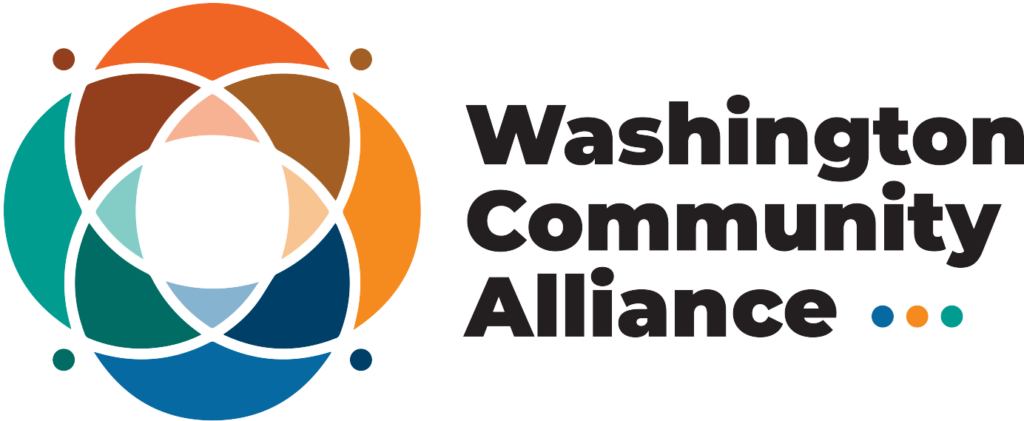
By Kamau Chege, Kirsten Harris-Talley, and Girmay Zahilay
In our nation’s first elections, only 6% of the public—property-owning white men—were eligible to vote. Since then, one of the most inspiring features of our democracy has been every successive generations’ movement to expand the right to vote, moving us closer to a fair, just, and multiracial democracy that is of, for, and by the people.But just as we’ve recognized the need to expand who votes in our democracy, we also need to address how we vote. In the “either/or” electoral system we’ve inherited, voters are limited to just one choice, and, too often, candidates win despite a majority of voters choosing someone else.
In the Jim Crow south, this single-choice system gave way to all-white primaries. This intentionally restricted access for Black voters and prevented anti-racist, cross-racial coalitions from taking root. Racist candidates learned they could win without ever being held accountable by newly enfranchised Black voters, and they adopted strategies focused on demoralizing the Black vote and splitting progressive white voters to reliably win with a mere plurality of the vote. This one-way ratchet pushed white voters who wanted to win toward evermore extremist politics.
That harmful incentive structure wasn’t confined to the old south. It’s still present in our politics, kept alive by a single-choice electoral system that limits the voice of voters and as a result suppresses diverse representation.
Washington state law bans some localities from trying electoral reforms that have been proven to solve these problems. It’s why we were disappointed the Legislature didn’t pass SHB 1156, which would open the door for every locality to use ranked-choice voting (RCV) if they choose.
But King County is a charter county, and we don’t have to wait for the Legislature to give us permission to adopt RCV. We can—and should—act now to implement electoral reforms that allow everyone’s voice to be heard.
Ranked-choice voting gives you the option to rank candidates in the order you prefer: first, second, third, and so forth. If your favorite can’t win, your vote counts for your next favorite choice. It’s a simple change that can bring big benefits.
With RCV, voters don’t have to worry about “wasting their vote.” And gone would be the days of voters being shamed into supporting the “lesser of two evils.” Instead of pitting communities against each other in zero-sum elections, like-minded communities can vote together in coalition.
This incentivizes candidates to campaign to all voters, not just to their base. Candidates who rank high among many voters are rewarded, and demagogues pay a political price for sowing division.
The success of RCV in Maine, Alaska, Santa Fe, and New York City is showing us a path. Voters find it simple to use by margins of 60%—90%. Polling like this is unheard of in today’s divided politics.
Skeptics in Washington often point to challenges in the 2008 implementation of RCV in Pierce County. That year saw the election of a gadfly candidate who was especially ineffective and later recalled.
Data suggests that the candidate likely would have won regardless and RCV wasn’t to blame, but the incident still left some with an unpleasant association with RCV. But this episode only reminds us that switching to ranked-choice voting is not something we should take lightly. It would be the responsibility of public officials and community leaders such as ourselves to make adoption successful.
In the 13 years since, ranked-choice voting has racked up a record of success throughout the country. And our state has changed our voting systems with great outcomes—from vote by mail to fully paid postage. We now have far better technology and transparency for RCV systems. With each use, administrators have developed best practices, and voters applaud the benefits of ranking their votes.
King County has a chance to model the inclusive multiracial democracy we all strive for. So maybe we shouldn’t be asking “why” King County needs ranked-choice voting. We should be asking, “Why don’t we have it yet?”
Kirsten Harris-Talley is a Washington state legislator representing the 37th Legislative District, Girmay Zahilay is a member of the Metropolitan King County Council representing District 2, Kamau Chege is the Director of Washington Community Alliance a statewide coalition of organizations of color in Washington state.

